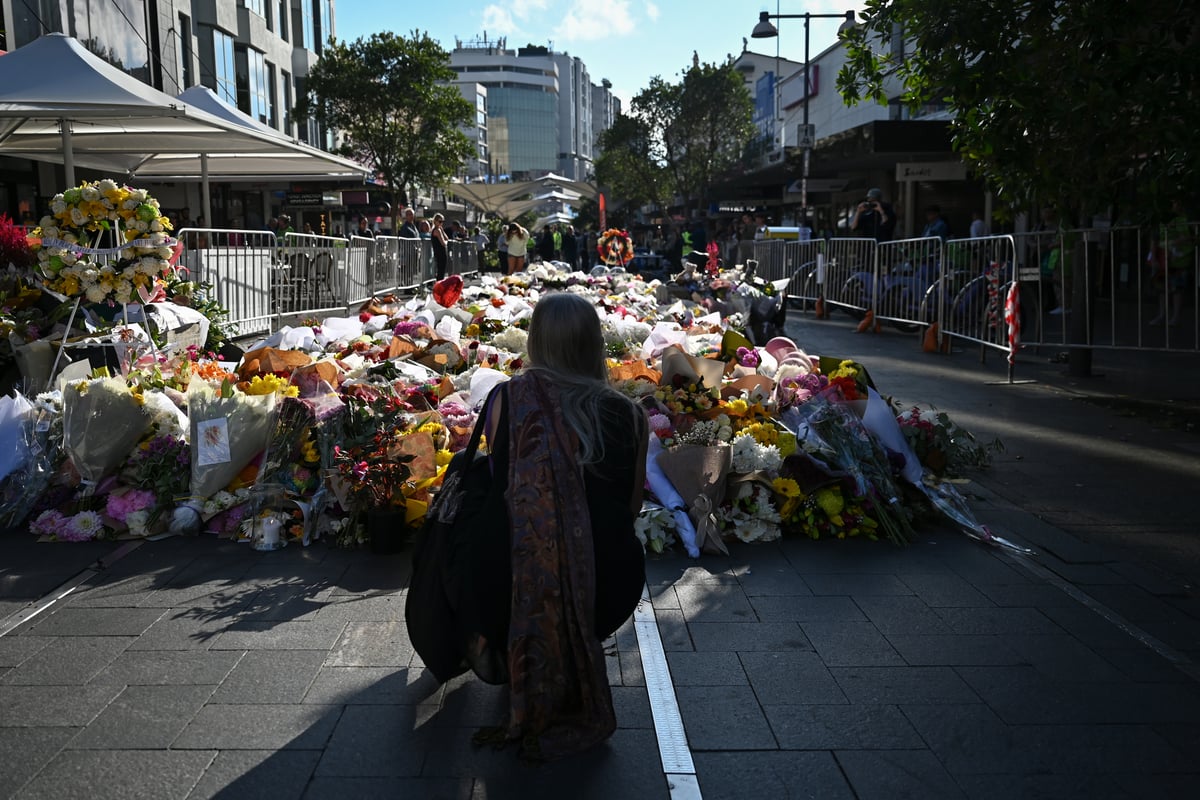
Before last weekend, most of us probably didn’t give the prospect of a trip to the shopping centre a second thought.
It’s something we all do, all the time.
We do the grocery shopping; we buy clothes. We grab lunch from the food court, meet up with friends. We pick up cosmetics, baby goods, furniture. We take our toddlers to play, teens go to the movies. We go to work, the hair salon, the chemist.
Women go. Men go. Children go. Babies go.
Before the weekend, we didn’t think twice about it. This weekend, though, we might.
Because since last Saturday, a trip to the shopping centre means… something else.
Watch: What Is Self-care Mental Health Literacy. Article continues after the video.
No longer just another place to go, for one of a thousand different reasons. Now, the shopping centre is a place where your life may be at risk. A place where women are stabbed; where security guards are stabbed; where babies are stabbed.
Now, the shopping centre isn’t just another place. It's a place where six people were murdered, simply because they were there. For some, the shopping centre might now be an unsettling place. A place our children are too scared to go. A place we are too scared to go.

Top Comments